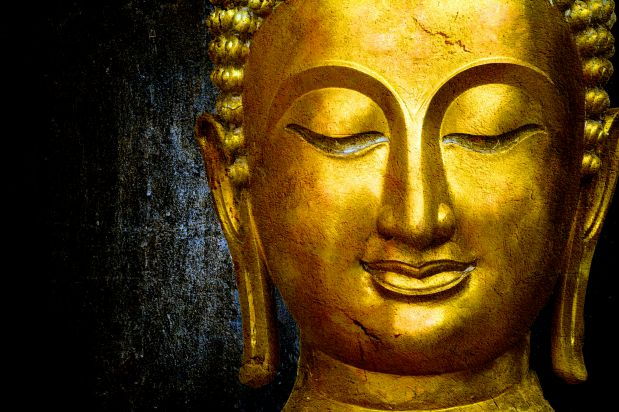Though 12-Step recovery groups are often founded on Christian principles, many recovering addicts also find help in Buddhist principles as well. In fact, there are a number of people who believe that Buddhism is not necessarily a religion but rather a philosophy that one can live by and even apply towards substance abuse.
Similar to the way the 12-Steps take you through a learning process, Buddha’s teachings help you grow and see life in a new light. When applied in recovery, some say they experience less stress and cravings as well as more inner peace and joy. To help you understand how Buddhism may help your life and recovery, here’s a quick overview of the Four Noble Truths of Buddhism:
Truth #1: Ordinary life brings about suffering.
Buddha’s first truth says that if you live long enough, you will experience some sort of suffering as it is an inescapable part of life. When we come to understand this, we will no longer feel alone in our suffering.
Truth #2: The root of our suffering is desire.
The reason we suffer is because we are so attached to things outside of ourselves and desire them more than we really should. When we attach expectations to people or situations and the outcomes don’t go the way we want, we suffer internally.
Truth #3: The cessation of suffering is attainable.
There is hope to end the suffering. In 12-Step groups, there is a saying “Let go and let God.” Essentially, Buddha’s third noble truth carries the same sentiment. This truth tells us that our suffering can truly end when we give up our attachments.
Truth #4: There is a path to end your suffering.
The fourth Buddhist truth leads to a path that maps out how to end suffering. Much of the path involves discipline, mindfulness and meditation. When you begin to meditate on a regular basis, you tend to get in touch with your inner self. Your negative emotions and unhealthy attachments also tend to dissipate, leaving you more at peace. You become committed to doing the right thing and cultivate compassion. In following the eightfold path, you reach an “awakened” or enlightened state.
Here are the 8 factors of the Noble Eightfold Path, not necessarily meant to be followed in sequence but to be simultaneously supportive of each other as one moves towards the ultimate goal of enlightenment:
1) Right View: Know the truth.
2) Right Intention: Free your mind of evil.
3) Right Speech: Say nothing that hurts others.
4) Right Action: Work for the good of others.
5) Right Livelihood: Respect life.
6) Right Effort: Resist evil.
7) Right Concentration: Practice meditation.
8) Right Mindfulness: Control your thoughts.
The 12-Step groups and the Eightfold Path resemble each other in that they both have helped a number of those suffering from addiction to get and stay clean. However, as with any program, it can only work if you work it. If you exercise discipline in “working the program” or diligently living by Buddha’s truths, you can get sober and create a life that you love.








